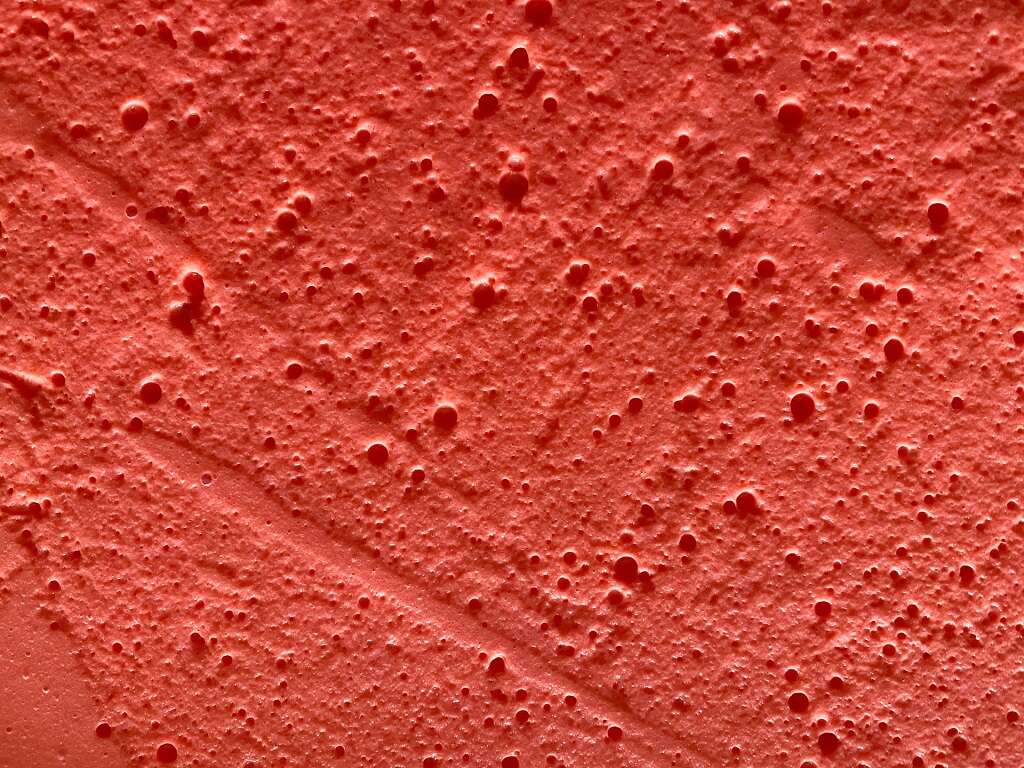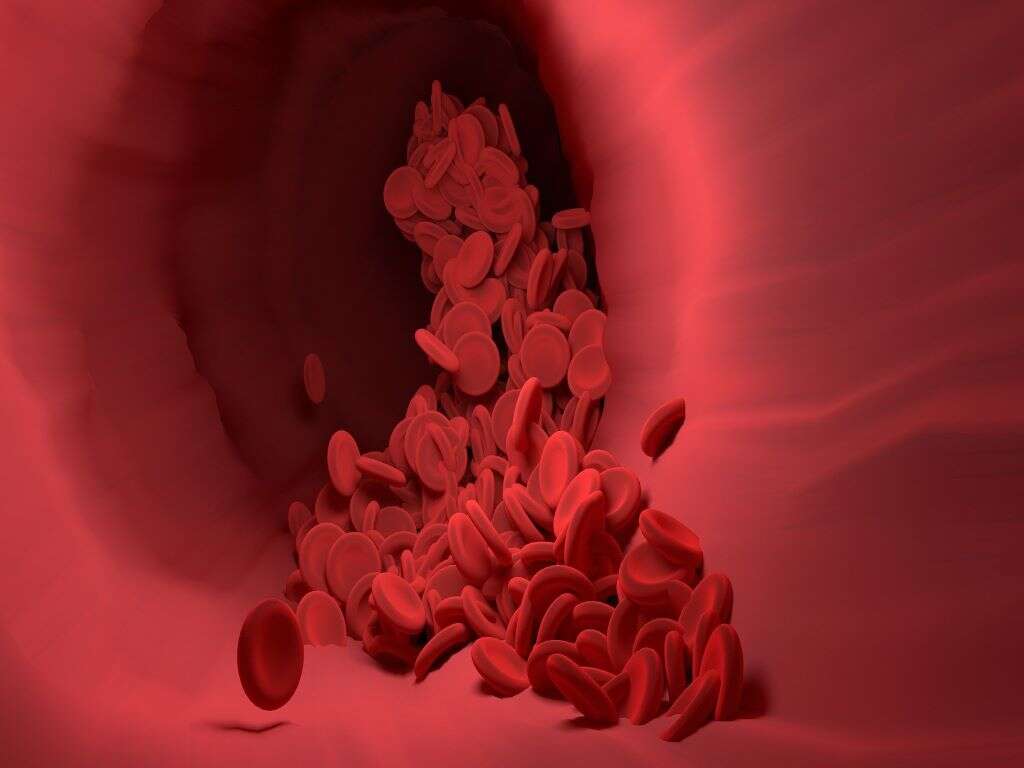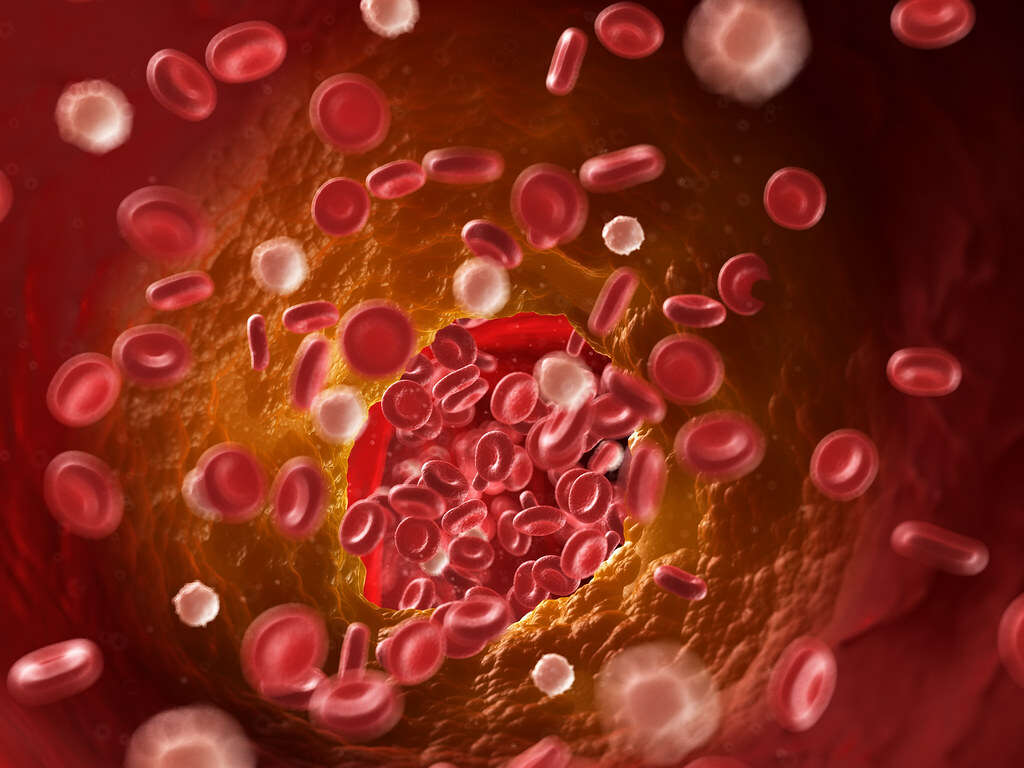10 Necrotizing Fasciitis Symptoms
 Article Sources
Article Sources
- 1. 'Necrotising Fasciitis.' Nhs.uk, 19 Oct. 2017, www.nhs.uk/conditions/necrotising-fasciitis/
- 2. 'Necrotizing Fasciitis.' Centers for Disease Control and Prevention, 31 Dec. 2019, www.cdc.gov/groupastrep/diseases-public/necrotizing-fasciitis.html
- 3. 'Necrotizing Soft Tissue Infection: MedlinePlus Medical Encyclopedia.' MedlinePlus - Health Information from the National Library of Medicine, medlineplus.gov/ency/article/001443.htm
- 4. North Dakota Department of Health | Department of Health, www.ndhealth.gov/Disease/Documents/faqs/Necrotizing/Fasciitis.pdf
- 5. 'Type II Necrotizing Fasciitis.' Centers for Disease Control and Prevention, 8 May 2020, www.cdc.gov/groupastrep/diseases-hcp/necrotizing-fasciitis.html
Blisters
Darker splotches on the skin of someone with necrotizing fasciitis can develop into fluid-filled blisters or ulcers.1‘Necrotising Fasciitis.’ Nhs.uk, 19 Oct. 2017, www.nhs.uk/conditions/necrotising-fasciitis/ The skin can split open, releasing pus or oozing fluids from the infected area.
This is a very serious stage of the infection. A person may be frightened and may experience significant pain, but they should remain calm and go directly to a hospital. Prompt treatment in the form of antibiotics, surgeries or blood transfusions may be needed.2‘Necrotizing Fasciitis.’ Centers for Disease Control and Prevention, 31 Dec. 2019, www.cdc.gov/groupastrep/diseases-public/necrotizing-fasciitis.html
Advertisement










